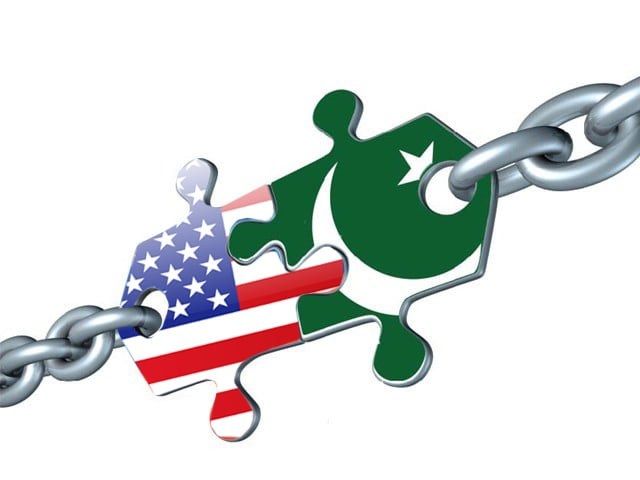Where are Pak-US ties headed?
Some tangible proposals have been made and one hopes that a balanced foreign policy will soon be formulated.

Where are Pak-US ties headed?
This was the first meeting between the generals from the two countries after the Salala incident that severely strained ties. Since then, the Pakistan military has been publicly critical of the US, demanding an unconditional apology for the Salala attack. Although few details have been released about these meetings, one can read between the lines and look at it as the start of a détente. The Pakistan military realises that the US holds the advantage in this face-off. The army is almost entirely reliant on American aid to provide it weaponry and technical assistance. As such, breaking off ties with the US, no matter how wounded the military’s feelings are, is not an option. Recall, after all, that it was the military that first granted permission to the US to conduct drone strikes in the tribal areas. This meeting should, thus, be seen as the first step to a reset in relations between Pakistan and the US.
Some argue that foreign relations, as with everything else, should be the domain of the civilians not those in uniform. But the fact of the matter is that the government for its part has been discussing this issue in parliament, although its progress has been detracted because of the ongoing violence in Karachi. However, some tangible proposals have been made and one hopes that a balanced foreign policy — which addresses Pakistan’s concerns over sovereignty and America’s concerns of national security — will soon be formulated.
Published in The Express Tribune, March 30th, 2012.














COMMENTS
Comments are moderated and generally will be posted if they are on-topic and not abusive.
For more information, please see our Comments FAQ